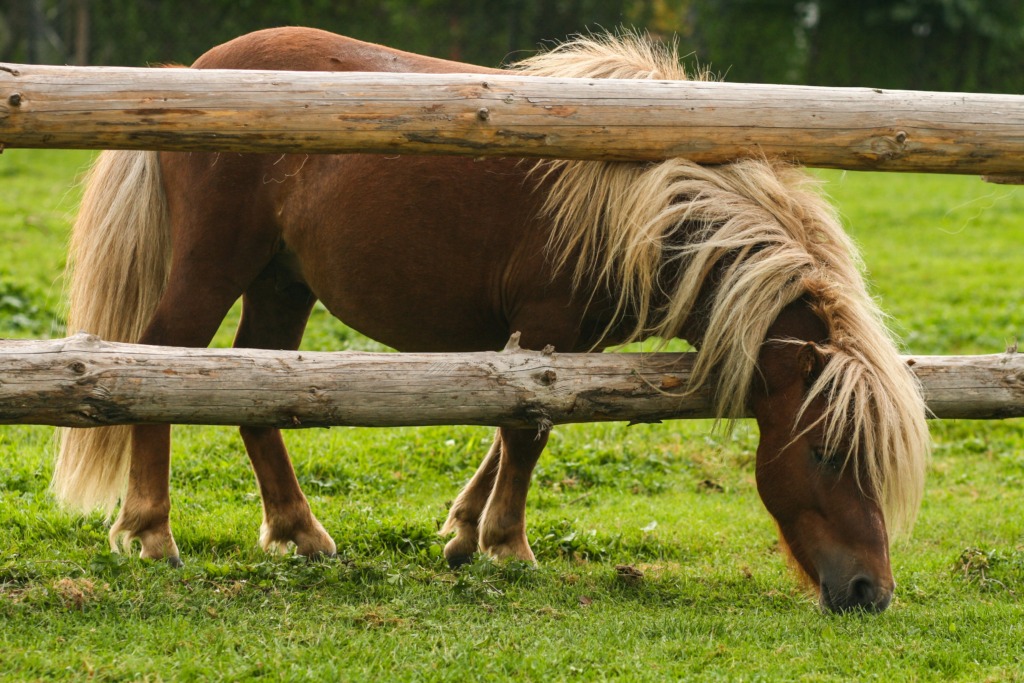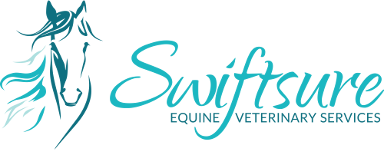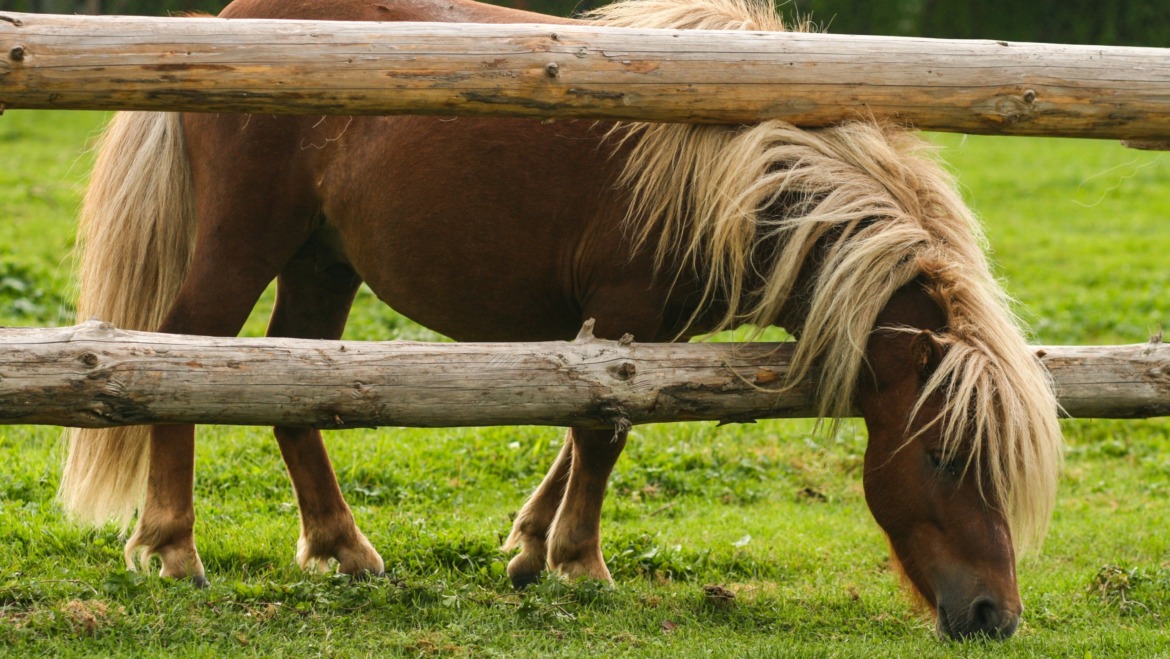November Case of the Month: Vitamin E and Selenium Deficiencies
This case of the month was inspired by a number of cases we have seen lately where horses present for general muscle stiffness and poor performance. Bloodwork in these horses has revealed selenium and/or vitamin E deficiency. Selenium is a trace mineral that is required in a horse’s diet in relatively small quantities. However, it is important for muscle function, as an antioxidant, and for thyroid function. In deficient horses, muscle stiffness and soreness is a common complaint. In severe cases (more common in foals or young horses) a disease called White Muscle Disease can occur.
Unfortunately, hay and grass on the island is notoriously low in selenium meaning that it must be supplemented in the diet. This is in contrast to other areas of North America (like Alberta and interior B.C.) where selenium is present in the soil and as such normally acquired via forage. Typically, if you are feeding a good ration balancer at the recommended feeding amount, then 1-3 mg of selenium will be provided daily which is adequate for many horses; though depending on the source, further supplementation may be required. It is important to ensure that the selenium is an organic selenium yeast, as inorganic forms are poorly absorbed by horses. Finally, vitamin E plays an essential role in the absorption of selenium and as such vitamin E may need to be supplemented if your horse is deficient. Vitamin E is an anti-oxidant essential to normal neuromuscular function in horses. It plays a key role in the development of young horses. Vitamin E is most readily found in lush green pasture. If this is not present in your horse’s diet, especially in young growing horses, then supplementation with a natural vitamin E source is essential.
It is important to note, that selenium supplementation beyond that of a commercially formulated ration balancer is not recommended without a proven selenium deficiency (via blood test) and consultation with your veterinarian. Adding selenium to your horse’s diet from multiple sources can result in over supplementation and even selenium toxicity. Signs of selenium toxicity include hair loss of the mane and tail, cracking of the hooves, signs of lameness, excess salivation, respiratory failure, and even death. If you suspect that your horse may have inadequate selenium in their diet, please consider reaching out at your next veterinary visit and the Swiftsure Equine team will be happy to help ensure that your horse is performing its best.
More reading on selenium and vitamin E in horses can be found here:
- https://thehorse.com/113890/supplementing-selenium/
- https://www.vetmed.ucdavis.edu/labs/finno-laboratory/vitamin-e-horses


